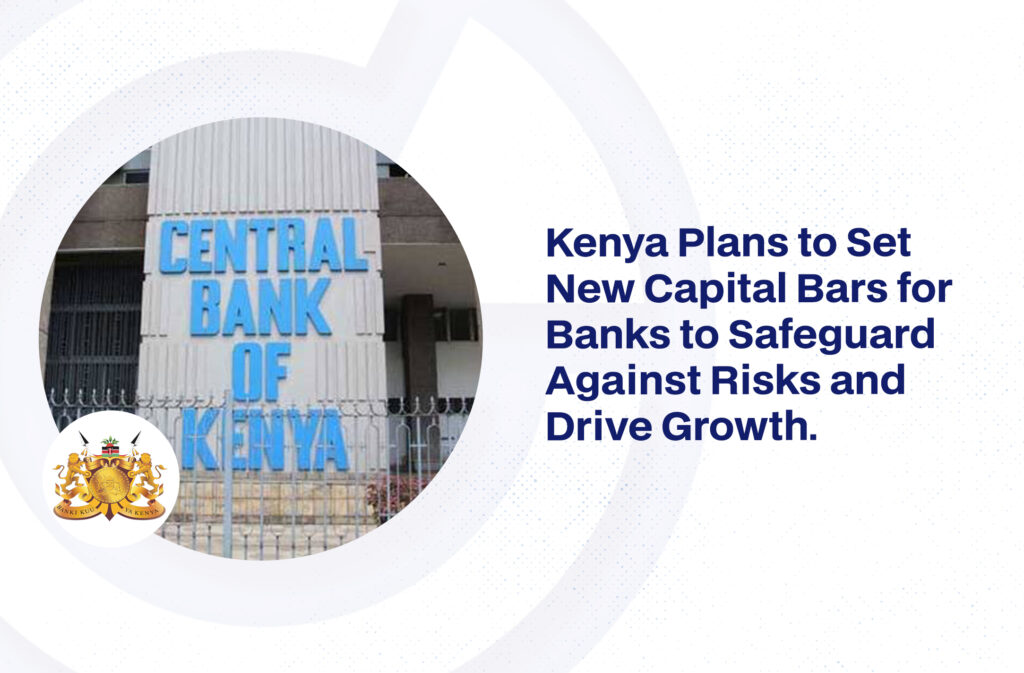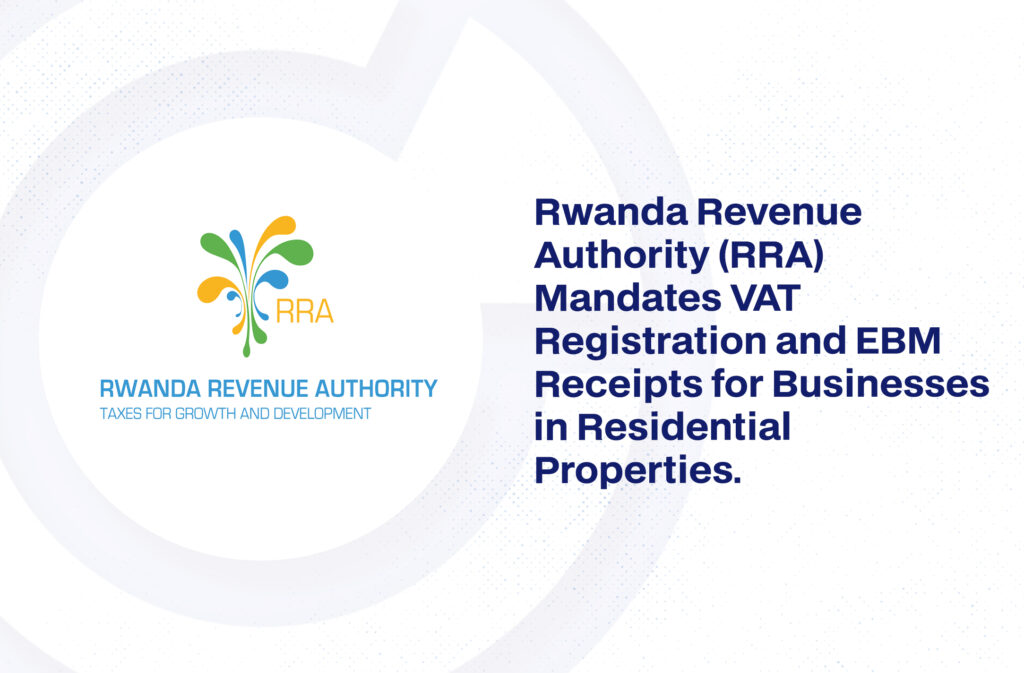
Kenya Plans to Set New Capital Bars for Banks to Safeguard Against Risks and Drive Growth.

In a bold move to enhance its banking sector’s resilience and foster regional growth, Kenya plans to raise the capital requirements for its banks. Central Bank Governor Kamau Thugge pinpointed climate change and cybersecurity as pivotal concerns driving the need for these regulatory enhancements. With the banking sector already standing strong with an 18.3% capital adequacy ratio, this initiative is poised to further solidify Kenya’s position as a leading financial hub, ready to tackle modern challenges and seize expansion opportunities across the region.
The East Africa Community (EAC) is also set to Boost Regional Trade with High-Level Border Missions.

In a significant step towards enhancing regional cooperation and trade, the East African Community (EAC) Secretariat has announced a high-level sensitization mission targeting One-Stop Border Posts (OSBPs) across the region. Starting April 9, 2024, the initiative aims to streamline cross-border procedures, improve trade facilitation, and bolster cooperation among member states.
The mission will evaluate the effectiveness of OSBPs, pinpoint improvement areas, and check the progress of previously agreed action plans. Stakeholders, including border officers, customs, immigration, and health officials, as well as local traders and government authorities, will engage in discussions to refine operational efficiencies at these critical junctures.
Scheduled stops include:
– Nimule/Elegu on the South Sudan border – April 9
– Mutukula/Mutukula on the Uganda border – April 12
– Rusumo/Rusumo on the Rwanda border – April 15
– Kobero/Kabanga on the Burundi border – April 16
– Namanga/Namanga on the Tanzania border – April 19
This mission underscores the EAC’s dedication to fostering a seamless trade environment across its borders, with further missions planned later in the year to reinforce this commitment.
Rwanda Revenue Authority (RRA) Mandates VAT Registration and EBM Receipts for Businesses in Residential Properties.

The Rwanda Revenue Authority (RRA) is cracking down on businesses operating within residentially registered buildings in order to streamline tax compliance, . Effective immediately, these businesses are required to issue Electronic Billing Machine (EBM) receipts, while property owners must register for Value Added Tax (VAT). This initiative addresses the widespread practice in Kigali and beyond, where properties zoned for residential use are being utilized for commercial activities, ranging from restaurants to NGO offices. RRA’s Commissioner General, Pascal Ruganintwali, emphasizes the urgency for landlords to comply with VAT registration. Additionally, Paulin Uwitonze, Assistant Commissioner for Taxpayer Services and Communications, highlights the benefits of voluntary tax disclosure, including penalty waivers, available to landlords adapting to this new mandate.
CBN Sets New Capital Benchmarks for Banks to Boost Financial Stability.

In a strategic move to reinforce the financial system, the Central Bank of Nigeria (CBN) has announced a significant increase in the minimum capital requirements for banks. As of Thursday, commercial banks operating with international authorization now face a raised capital threshold of N500 billion.
This development follows closely on the heels of the CBN’s call for Nigerian banks to accelerate their capital base recapitalization efforts, aimed at enhancing the robustness of the financial sector.
Dr. Olayemi Cardoso, CBN Governor, underscored the initiative as a crucial step towards ensuring a more solvent and resilient banking landscape, capable of supporting Nigeria’s economic growth ambitiously.
According to Mrs. Sidi Ali, Acting Director of Corporate Communications at the CBN, the revised capital base for national authorization banks has been set at N200 billion, while regional banks will need to meet a N50 billion requirement. Additionally, merchant banks will now require a N50 billion capital base, with non-interest banks needing N20 billion and N10 billion for national and regional authorizations, respectively.
The CBN has outlined a 24-month period, starting April 1, 2024, through March 31, 2026, for banks to comply with these new requirements. Banks are encouraged to explore various strategies for capital enhancement, including direct equity injections, mergers, and acquisitions, or adjusting license authorizations.
Emphasizing the importance of these measures, a circular from the CBN highlights that the new capital requirements solely comprise paid-up capital and share premium, excluding Additional Tier 1 Capital from eligibility.
This bold reform is part of the CBN’s broader strategy to fortify the banking sector against potential vulnerabilities and to ensure it continues to play a pivotal role in the nation’s economic framework. Banks are expected to submit their implementation plans by April 30, 2024, as the CBN commits to rigorous monitoring to ensure adherence to these enriched standards.
In summary, the recent regulatory updates from Kenya and Nigeria, alongside the East African Community’s trade enhancement efforts, collectively signal a significant push towards bolstering financial stability and regional economic integration. These measures reflect a commitment to addressing modern challenges and seizing growth opportunities, setting a positive trajectory for the financial and trade landscapes across Africa. Stakeholders are advised to keep abreast of these developments, as they present both challenges and opportunities in the evolving economic environment.
Last modified: April 5, 2024



